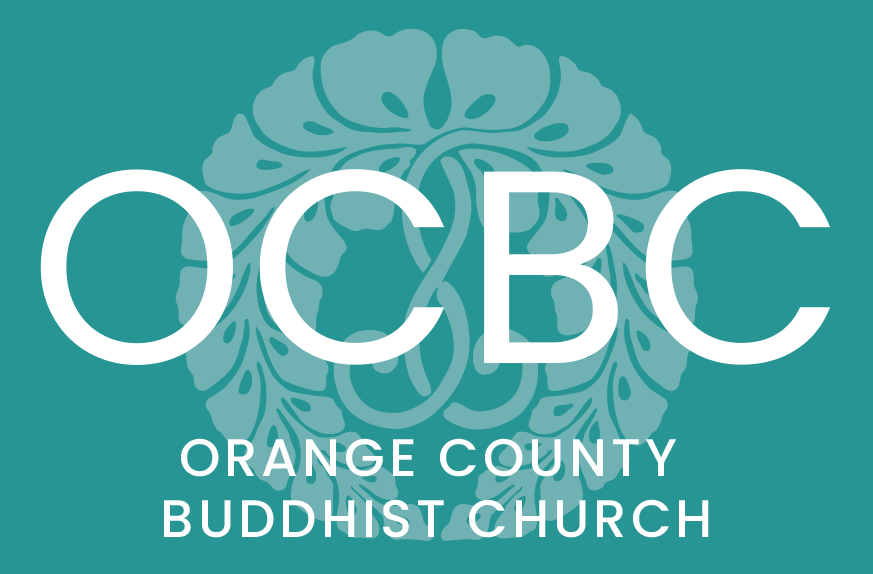The Five Love Languages
Valentine’s Day is quickly approaching for all of us. But what should we do? How should we observe this holiday with our loved ones? Should we:
1. Tell them how much they mean to us?
2. Spend the day with them?
3. Give them a big hug and hold hands?
4. Make them breakfast in bed?
5. Buy them something special?
Each of these five would be very nice, but it may or may not be what they expect or hope we will do for them. Each one of us has what is called a “Love Language.” It is a language that we may not even be aware we have. Following the same order as our list above, these five are:
1. Words of Affirmation
2. Quality Time
3. Physical Touch
4. Acts of Service
5. Receiving Gifts
“Words of Affirmation” means that love is expressed verbally is most impactful. Saying “I love you” means a lot to this person. For people with the Words of Affirmation love language, love is felt and communicated through words.
“Quality Time” people feel loved when others wish to spend time with them. Something as simple as just being together can be very comforting. Love is expressed by taking the time to be with someone. The actual activity isn’t significant.
“Physical Touch” is the expression of love through contact. This type of person most desires sitting close to one another, holding hands, or a hug. The physical closeness of the other person is how love is felt.
“Acts of Service” is doing things for others. For example, doing the dishes or cooking a surprise dinner will be a hit with this type of person. Coming home to a clean house with the laundry done would be a wonderful surprise.
“Receiving Gifts,” no matter how small, are a signal that they are thought of and cared for. Often many small gifts are preferable to one significant gift. A gift-giver will usually buy the perfect Christmas gift in April and find it difficult to contain their excitement until then.
Dr. Gary Chapman, an author, and counselor developed these five general categories. These categories are not scientific diagnoses but general guidelines to help us navigate our relationships with others. Without this awareness, we can hurt each other without intending to cause hurt.
It is also surprising to learn that these languages are not bi-directional. For example, you may want others to express their love to you through “Words of Affirmation,” but you show love to others by doing “Acts of Service.” This is my profile. I like to hear positive words while doing projects, chores, or errands for others.
It is also important to note that these categories are not fixed. We all drift in and out of these five languages depending on context. This is because we show many different types of love to many different types of people: our partners, our relatives, our friends, and our co-workers.
If we can be self-aware of what we expect and what others desire, we can avoid many difficult situations and reactions. For example, my father rarely expressed his love through words. He was never very verbal in that way. But he would get up every morning at 5:30 am to make me a whole egg, bacon, fruit, and toast breakfast before I went off to high school summer football practice. At the time, I never really appreciated this because I wanted him to say the words “I love you.” But this was not his love language; it was only mine. It was so wonderful when I realized that this was how he was saying, “I love you.” No one else got up early with me, only my father. This “Act of Service” was his way to express himself.
If we are unaware of these differences in how we and others express love, it can lead to friction and hurt feelings. Imagine bringing the perfect gift to your partner, but they are disappointed because the Valentine’s Day card was not very expressive. Here we have a gift-giver clashing with a person looking for affirmation.
Family counselors often wonder how many relationships have had difficulties – ones that often cannot be overcome – simply because a couple or a parent and child were merely unaware of the love languages at play within their relationship. So, we can show love in the language that our partners and friends are best equipped to appreciate. We should learn to listen deeply so that we can genuinely connect. Through daily practice, we may be able to become fluent in all Five Love Languages for both others and ourselves.
In gassho,
Rev. Jon Turner

